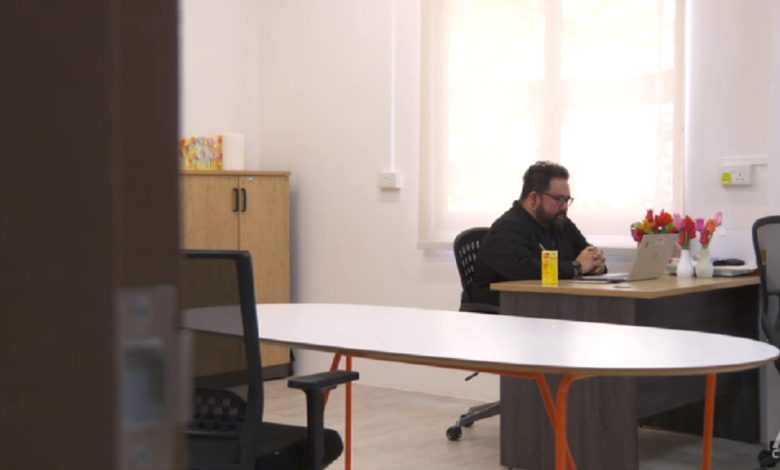‘I couldn’t leave them behind’: Strong support network important for adults facing mental health issues

SOCIAL STIGMA PERSISTS
Still, social stigma can often keep people from sharing their problems with loved ones or getting help from healthcare professionals.
For 58-year-old Angeline Tong, the fear of how others might see her had kept her from seeking help for over a year.
She had started showing signs of anxiety after leaving her job of 15 years in 2013.
Ms Tong said at her lowest, she would often wake up feeling “very hopeless”.
“It’s like I don’t know what to do lying there,” she added. “Then I have these ruminating thoughts over and over again, and then it makes me quite scared.”
She also had physical symptoms, from heart palpitations to bouts of vomiting.
Eventually, Ms Tong decided it was time to see her family doctor, who suspected she might have anxiety disorder and advised her to seek further help from mental health professionals.
“It was quite scary, because never in my life did I have this, and my family has no mental health history,” she said.
“I couldn’t accept it, that something was wrong with me.”
A long-time friend later counselled Ms Tong, and those words of affirmation reassured her to look for professional help.
“Recovery is not easy, to be honest. It’s quite bumpy. Sometimes, I have good days. Sometimes, I have bad days,” she said.
“Recovery to me is like I have to manage my symptoms, develop resilience, and make my life more meaningful and fulfilling.”
Family Counselling Psychologist’s Mr Lim said people facing mental health challenges do not need to suffer in silence.
“We are a community,” he said, adding that the first part of seeking help is being aware and admitting that there is a problem.
“We need to socially connect, remove our masks, remove our pride, and say: ‘I need support’.”

